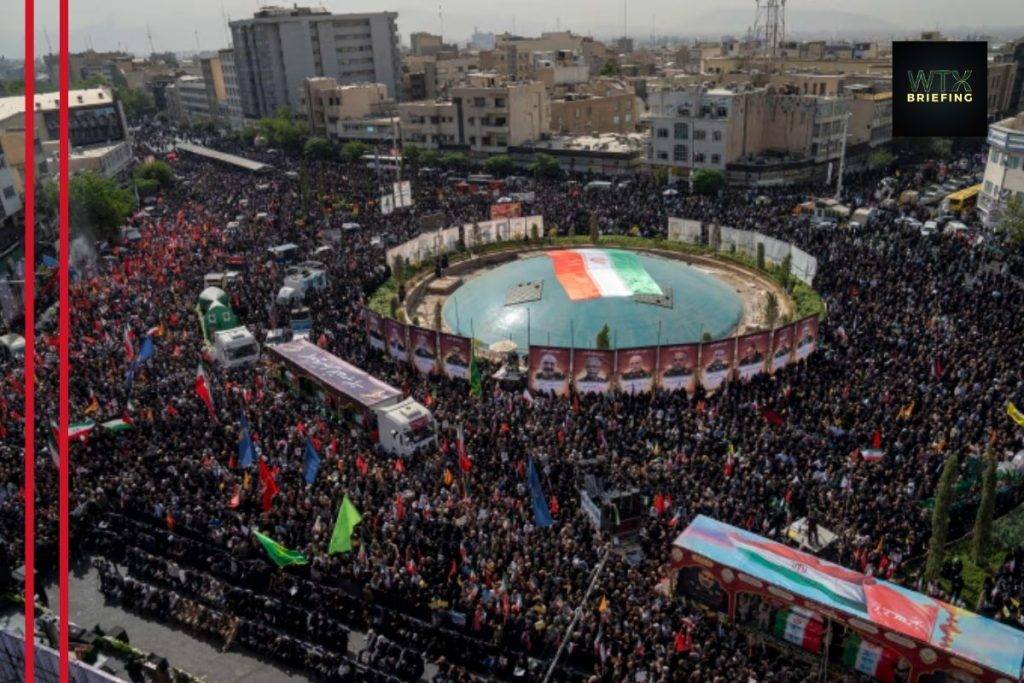US airstrikes delay Iran’s nuclear programme by one to two years, Pentagon says
Pentagon spokesman Sean Parnell announced that U.S.–led strikes on Iran’s nuclear facilities at Fordow, Natanz and Isfahan have likely set back Tehran’s nuclear progress by 1 to 2 years, revising earlier intelligence suggesting only months of delay. The operation, dubbed Operation Midnight Hammer, targeted underground centrifuge halls and enrichment chambers using bunker‑buster bombs and Tomahawk missiles.
Despite this, International Atomic Energy Agency (IAEA) chief Rafael Grossi warned Iran could resume enrichment within months. Iran has responded by suspending cooperation with the IAEA, raising verification concerns.
🔁 Reactions:
- Pentagon spokesperson Sean Parnell: “We have degraded their programme by one to two years … intel assessments inside the Department assess that.”
- IAEA’s Rafael Grossi: > “They could resume enriched uranium production in a matter of months.
- Iran’s FM Abbas Araqchi: > “Facilities have been seriously and heavily damaged,” but steps are being taken to restart operations.
📰 Media Bias & Framing:
- Reuters/AP/Euronews report with precision and contrast between Pentagon optimism and IAEA caution; factual tone dominates. (euronews.com)
- Wall Street Journal/FT stress the geopolitical significance and debt to military credibility, but note uncertainties in verification.
- Washington Post opinion argues military strikes alone cannot eliminate nuclear ambitions, urging return to diplomacy. (washingtonpost.com)
📊 Sentiment: Neutral–negative. The airstrikes deliver a temporary blow to Iran’s nuclear capacity, yet raise fresh challenges in verification, diplomacy, and regional stability, signalling complex implications ahead.


